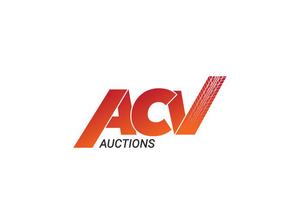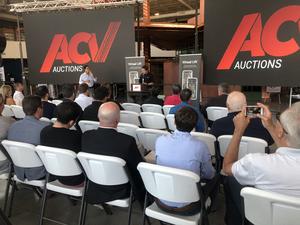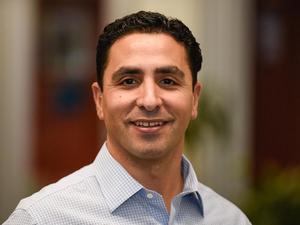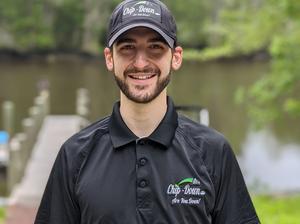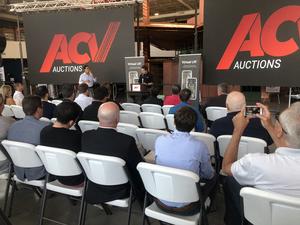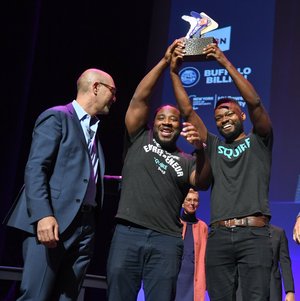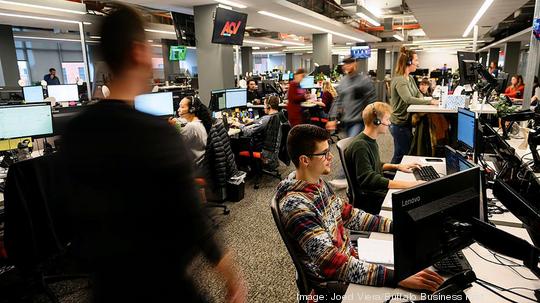
Three men sat down over beers at Pearl Street Grill and Brewery on Oct. 9, 2014, just before the group watched the Buffalo Sabres open an ill-fated season against the Columbus Blue Jackets.
At the meeting, Dan Magnuszewski articulated his vision for ACV Auctions to two Buffalo businessmen, Kevin Kerl, now CEO of SelectOne recruiting agency, and Sam Russo, now a partner at Lorraine Capital private equity firm.
ACV was barely an idea at the time – a web-based way for car dealers to sell vehicles to one another instead of the expensive in-person process that had always dominated the practice.
Kerl, Russo and three other associates decided to contribute to an early funding round the company was raising.
“We thought they were scrappy and resourceful and had a lot of vision,” Russo said. “We thought if they could execute, their plan would completely disrupt this archaic industry.”
The round eventually totaled about $1 million, and it included contributions from:
• Ashok Subramanian, co-founder of Liazon and founder/CEO of venture-funded Centivo.
• Eric Reich, co-founder of Campus Labs and chair of 43North.
• Thomas McMahon, CUBRC president and CEO.
• George Chamoun, co-founder of Synacor who later would be appointed ACV’s CEO.
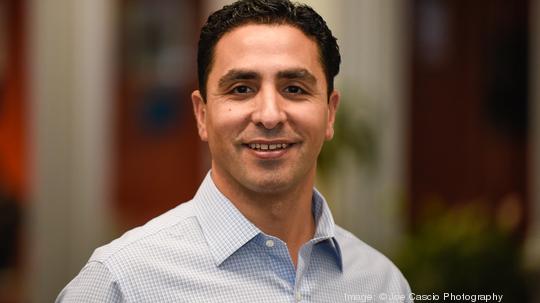
• Other angel investors who have never been publicly identified.
Those early backers made a prescient decision. Based on the current value of those ACV shares, they are likely to earn at least 50 times their initial investment, according to a Business First analysis of publicly available data about ACV’s valuation.
The company has gone from three co-founders in 2014 to more than 1,000 employees across the country, with about $350 million raised in private capital. In the process, it became Buffalo’s first startup unicorn, a term for companies that earn valuations in excess of $1 billion.
Get more news like this by signing up for Buffalo Business First's daily newsletters.
Stakeholders in Buffalo’s startup community are now closely watching a hotly anticipated moment: ACV’s initial public offering.
If it comes to fruition, ACV’s IPO will be a seismic event here, with individuals and groups set to earn a significant return on their initial investments. It is also a learning experience for everyone involved, as years of labor and investment, both public and private, have been poured into this moment.
The spin-off effect of such growth has many implications, from real estate to regional pride to the widely held philosophy that successful tech startups create new generations of wealth that are deployed in the community.
This is the story of who invested in ACV, how much they stand to make and the aftershocks that will be felt for years to come. Chamoun has previously declined to discuss specific exit strategies at ACV and declined comment on behalf of the company for this story.
The money
To an extent, the money has already started flowing. ACV’s co-founders — Magnuszewski, Joseph Neiman and Jack Greco — were able to cash out some of their shares during an earlier funding round, according to sources with knowledge of the situation.
That is a typical opportunity for founders and early employees when their startup is attracting venture capital. Business First couldn’t confirm exactly how much they made.
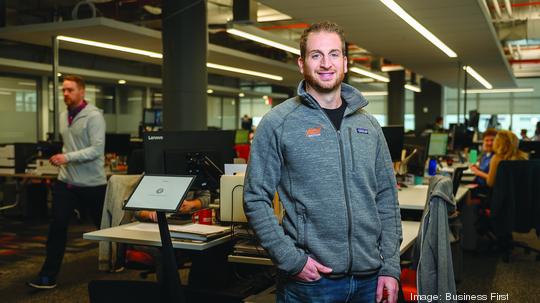
Chamoun (CEO), Magnuszewski (chief technical officer) and Neiman (chief customer success officer) are still with ACV. Greco left the company in 2018 and has since become the most active individual startup investor in Buffalo. That includes writing checks to founders across Western and Central New York and contributing to vehicles such as Launch NY’s LP seed fund and the Motivate Ventures fund.
Greco would not discuss details of his ACV equity or payout. But of the financial success reaped through ACV, Greco said he views reinvestment as a moral imperative.
“For me, this is like a test,” Greco said. “I could go buy a brand new car and a house and retire, or I could put it all back into the community.”
ACV’s early team “did the hard work to be in position to get luck,” he continued. “Plenty of other people do hard work and just don’t get lucky unless something breaks for them.”
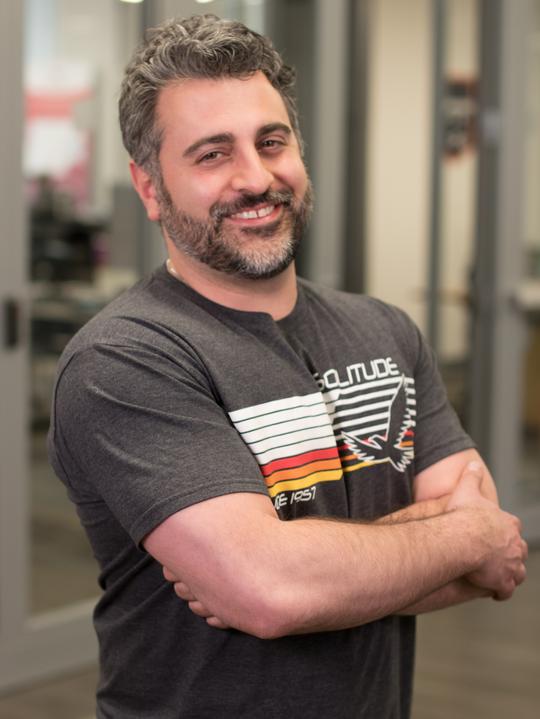
Writing on the wall
There are no guarantees of ACV going public – the markets must continue to thrive through the Covid-19 pandemic, a U.S. presidential election and many other headwinds. But there is little doubt that Buffalo’s first software unicorn is sending strong signals about its intentions in 2021.
For one, there were the recent appointments of three board members with deep experience in liquidity events and running large public companies. That was followed up with the introduction of CFO Bill Zerella, who held that same post at Fitbit when it went public in 2015.
Finally there is the natural lifespan of a venture-backed company such as ACV, which is using investment capital to scale across the company and building a holistic suite of products and services for car dealers. Such a company is built for the purpose of a lucrative exit on behalf of its shareholders.
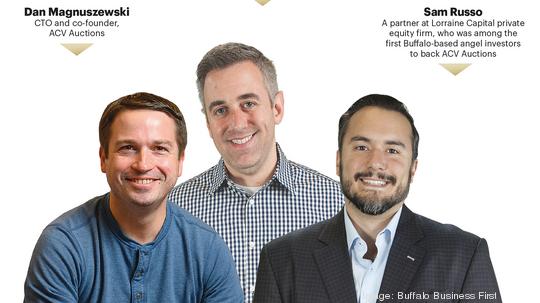
ACV closed on a $55 million cash injection this fall that pegged the company’s value at $1.75 billion, according to an analysis by Prime Unicorn Index, which tracks private companies as they approach IPOs.
Perhaps the easiest way to explain the incredible multiples ACV may offer to shareholders is through Rand Capital. The publicly traded investment firm in Buffalo sold a majority stake in its company last year to East Asset Management, which is controlled by Terry and Kim Pegula.
Rand contributed $163,000 to ACV in 2016, part of a $5 million Series B round of venture capital. Even before its latest raise, Rand valued its stake in ACV at $6.5 million, according to recent financial documents.
That amounts to sophisticated back-of-the-napkin math, as publicly traded shares are subject to investor whims outside of anyone’s control. But still, it represents nearly 40 times the return of an investment made just four years ago.
In the past, Rand has used IPOs and acquisitions of its portfolio companies to reward principals and restock its cupboards. Its new ownership structure includes a regular dividend to shareholders, but CEO Pete Grum told Business First that returns on investment will be used to fund future deals.
43North effect
Perhaps more pressing is the issue of what that kind of return would mean for 43North, the state-funded nonprofit was created to foster entrepreneurship in Buffalo through an annual business competition.
The competition was iced this year because of the state's dire coronavirus-related financial situation. But for the last six years it has awarded $5 million annually to a group of startups in return for 5% equity in their company.
ACV won the 43North grand prize in 2015, raking in $1 million but also handing over a significant ownership stake. 43North stands to make tens of millions off ACV. But what happens to to that return? Does it return to the cash-strapped government that funded the competition? Does it get reinvested into the Buffalo community, ensuring 43North's vitality for years to come?
"We are now in the process of defining strategies to ensure 43North has a long-standing tenure in support of the entrepreneurial ecosystem in Western New York," said William Maggio, immediate past board chair of 43North, who was speaking on behalf of its board. "Any proceed from the sale of any company would certainly play a role in helping 43North sustain its mission."
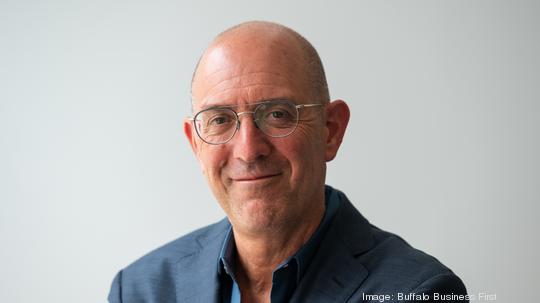
The 43North board is an example of the small world of high-growth technology in Western New York. Grum, the CEO of Rand, Reich, co-founder of Campus Labs and early ACV investor, and venture capital investor Jordan Levy are all on the 43North board.
Levy's Z80 Labs fund was an early investor in ACV, and his SoftBank NY venture capital fund has participated in multiple ACV rounds. He declined to comment for this story.
Many of ACV’s employees have been granted stock options as part of their incentive packages. If the company goes public, the employees will be able to purchase shares at an agreed-upon price and then sell them on the public markets following a six-month lockup after the IPO.
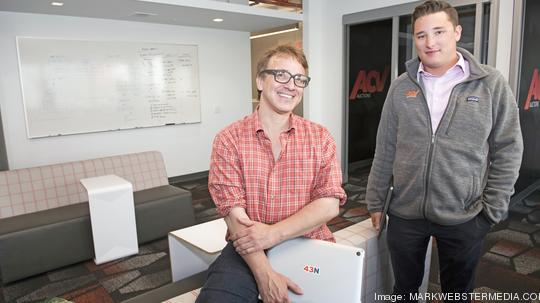
How much they end up making depends on the stock’s performance. To use an entirely hypothetical exercise, an early ACV Auctions employee with 10,000 shares would gross $100,000 (subject to significant capital gains taxation) if the stock is at $10 per share. An ACV Auctions employee with 100,000 shares would gross $1 million on such a sale.
How many newly minted millionaires would an ACV Auctions IPO create? Will that money recirculate back through the startup community in a substantive way, helping to support a new generation of founders looking to build something in the company’s model?
These are questions that people in Buffalo have been asking since ACV started to grow at a rapid pace.
The answer may be coming soon.
What's it worth?
When you're talking about the value of equity when a private company goes public, there is an unknown factor that affects everyone from founders to investors to employees: the stock price on the public markets.
Unless equity-holders sell shares before an IPO – which is common practice – the value of your stake is simple multiplication.
Say someone has 1,000 shares of ACV Auctions private stock. If the company goes public at a hypothetical price of $10, anything can happen. And most of its private investors can't sell until a six-month lockup after the IPO.
If public market investors ride a wave of tech-based optimism, doubling the stock price to $20, then that hypothetical investor can sell all of their shares for $20,000.
But if doubts persist about its underlying financial structure or competition in the marketplace and shares sag to $7, then the stake is worth $7,000.
There are many people and groups with considerably larger equity stakes in ACV Auctions, according to Business First research. While an initial public offer would be a celebratory event – nobody at ACV has explicitly stated that it's in the plans – the company's share price would dictate how much money flushes back into Buffalo.
